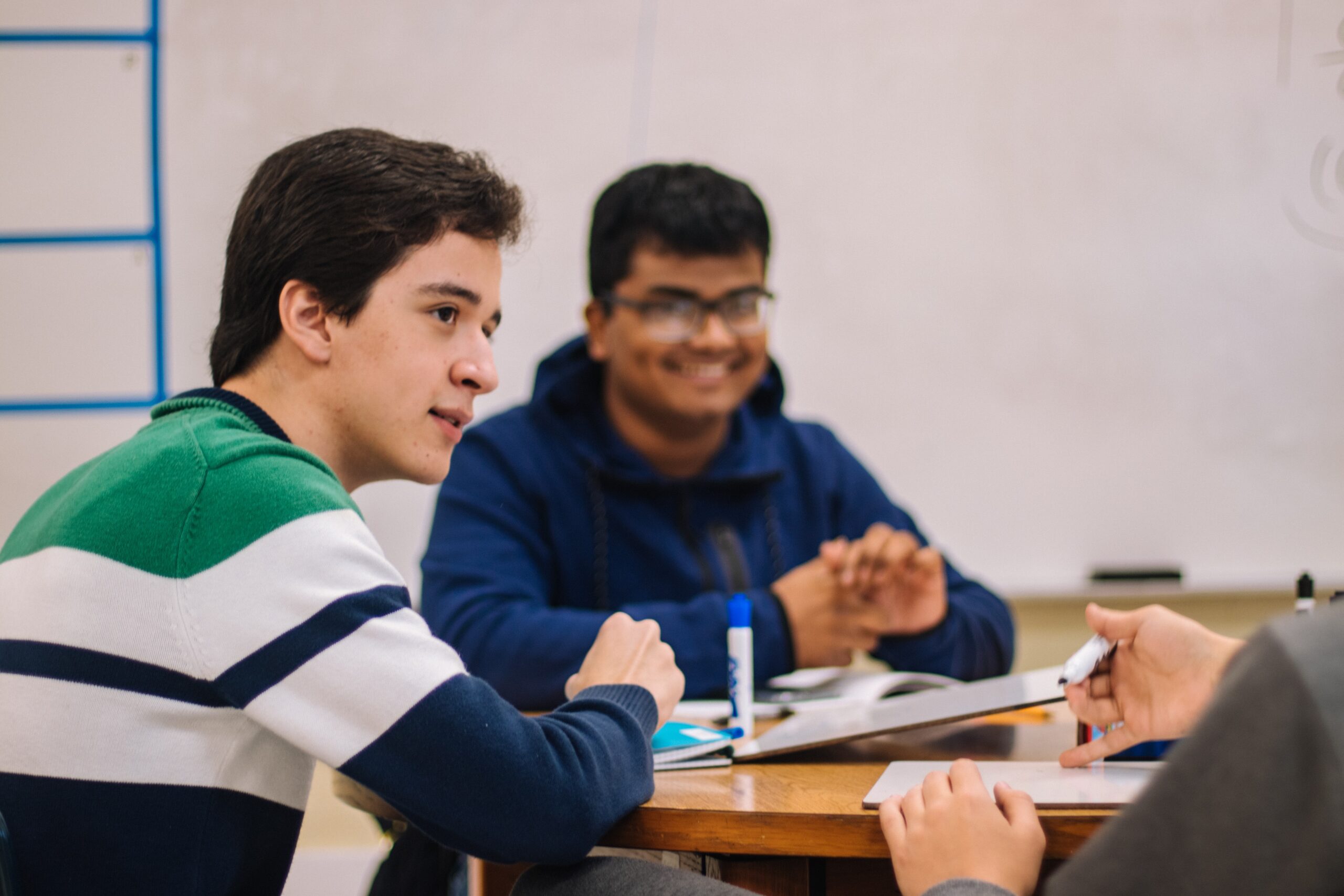Dalia Najjar has been teaching social entrepreneurship at OSUN and finds it a great opportunity to connect with students and faculty members from different parts of the world who are sharing the same aspiration of implementing a social/ environmental impact. She feels that it creates opportunities to nurture unconventional talents and skills, where students work together hand in hand to fix broken systems all over the world.
Dalia has an undergraduate degree in Biology (Pre Medicine) and a graduate degree in Environmental Policy from Bard College, NY. Upon her return to Palestine, Dalia joined Farouk Systems Palestine as the youngest General Manager in the company’s history. Prior to joining Farouk Systems, Dalia has worked extensively on research in different sciences ranging from basic biology to health and agriculture. She has a wide and international experience working in the United States, Switzerland and Palestine.
In addition to her work at Farouk Systems, Dalia currently serves as an adjunct faculty member at Al-Quds Bard College teaching Social Entrepreneurship. Dalia also works with the university to develop a full curriculum in Social Entrepreneurship and Innovation. Through her work with undergraduates, Dalia equips her students with the tools and mindset to launch and scale new innovative solutions.
She describes her students as a diverse group with a blend of different backgrounds and majors. Some are majoring in economics, human rights, computer science and a couple of first year students. She adds, “ Although some of them have never learned anything about social entrepreneurship before, they are all invested in their projects and are excited to leave a positive impact in their community, society or the world. The beauty of this course is that it helps students reveal hidden talents and innovations within themselves. It shows them that the first step of making a change is realizing the broken system out there. I would describe my students as young people who are eager to make the world a better place to live in.”
She also feels that learning the entrepreneurship method paves the way for students and young entrepreneurs to develop a tangible understanding of the breadth and depth of global societal and environmental problems. She quotes, “A problem well understood is a problem half solved.”
Learning the entrepreneurship method guides the students to transform their ideas into innovative solutions that leave a positive impact in their societies. It is something that they will not only use in the course but rather a skill that they will carry throughout their lives.


